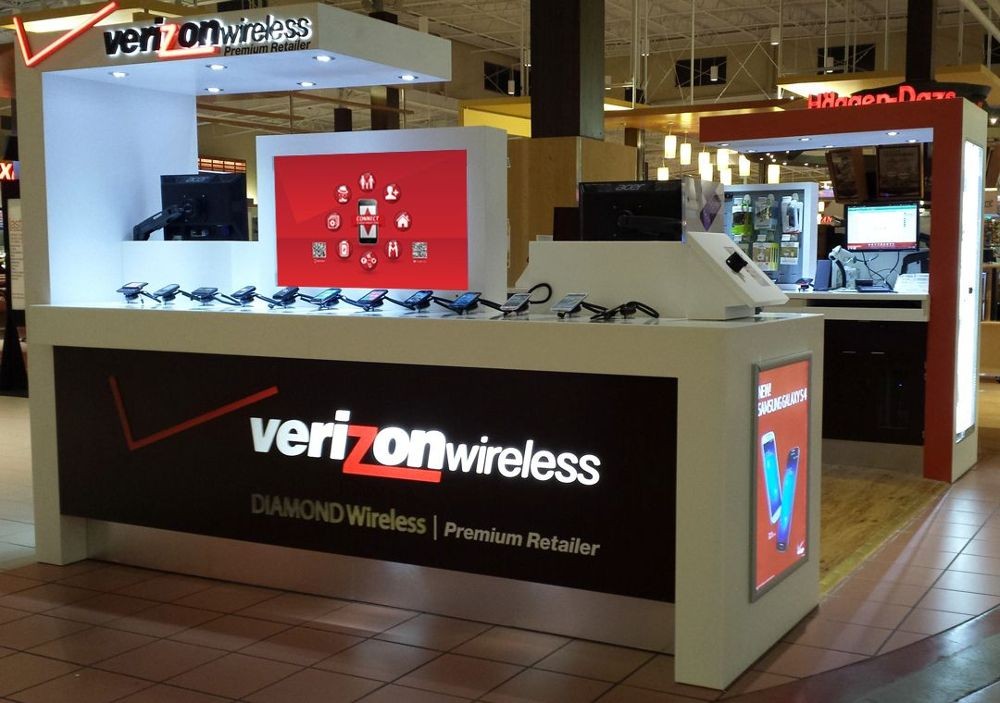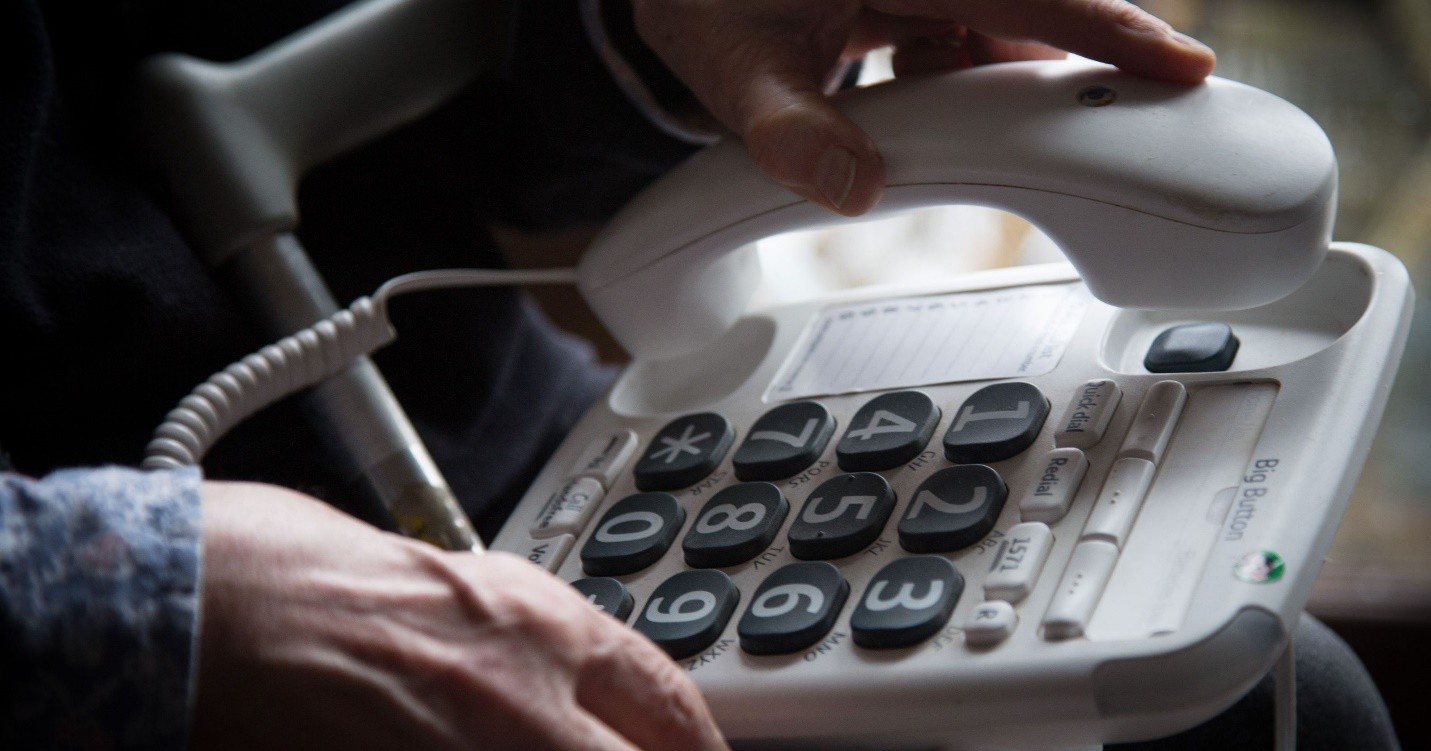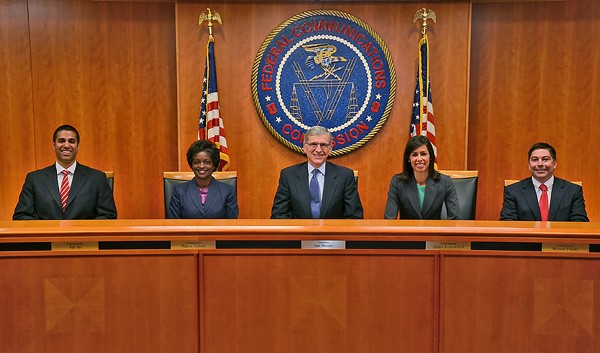This summer New York City’s Department of Information Technology and Telecommunications reported in a finding that Verizon was evading all the build out commitment that it made under a 2008 video franchise agreement. The audit of Verizon’s FiOS rollout in New York City showed that Verizon failed to meet the desired network performance it promised its customers. Moreover, it was also unable to deliver high-speed fiber optic internet and television to everyone in the city. Previously, Verizon had promised during the negotiation for the city franchise that the entire city will be wired with fiber optic cables by June 2014 and anyone who wanted FiOS would get it within six months. The audit also found that despite declaring that the whole city had been wired in November 2014, Verizon constantly refused orders for service. The audit also claimed that it hindered the audit process. However, the final study concluded only 50-60% of the city was wired.
In the fall of 2015, the Communications Workers of America announced it was filing letters with the telephone regulators in six different states and Washington, DC calling for an open investigation because of deteriorated copper landline networks.
Verizon earlier admitted in July 2015 in a letter to the FCC that only $200 million had been spent over the previous seven years in order to maintain the copper landline network in eleven states and in Columbia. More recently, the New York State Attorney General’s Office began an investigation into the internet service providers in the state. Specifically, the subscribers were unhappy with the network speed that Verizon provided them. Similarly others providers like Time Warner Cable and Cablevision have also been misleading customers with slower speeds. Verizon had been asked to respond to





